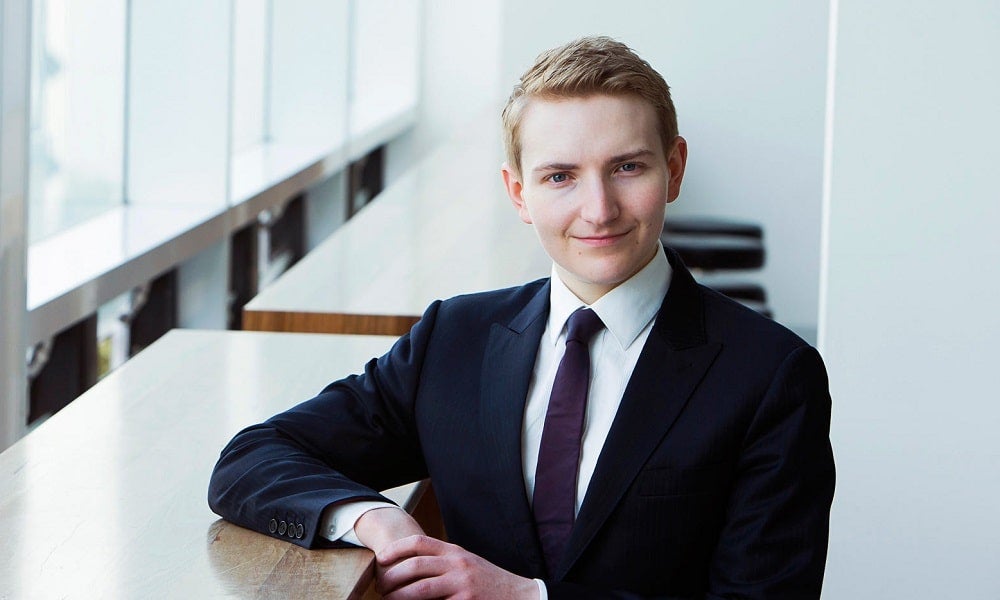The superannuation tax grab is neither “modest” nor sensible
Plans to apply an extra tax on those with more than $3 million in superannuation are based on class warfare, writes UNSW Business School's Mark Humphery-Jenner
The ALP has announced plans to increase super taxes. This is marketed as a tax on “wealthy” Australians. But, there are some issues beneath the surface. And, these issues should concern all Australians.
The overarching problem though is that of values. Jim Chalmers has promoted ‘values based’ capitalism. He is showing us what his values are. The ALP believes that if the government lets you keep your money, it is a “concession”. The ALP believes that money is the government’s first and the individual’s second.
The ALP has not enunciated a strong normative foundation for its policies. Nor has it outlined a limiting principle. Where you fall on the super tax debate depends on whether you believe that people should be able keep more of their own money. Let us explore this further.

This is a tax on ALL Australians
This is not just a tax on a small set of wealthy Australians. The additional tax applies to anyone with more than $3 million in superannuation. And, over time, this will capture more people. Some people might welcome this. Some might not. But, the ALP should level with Australians.
In 2023, the $3 million cap impacts ‘only’ around 80,000 people. However, that $3 million is not indexed. It does not increase with inflation. It remains constant. More people will be impacted over time due to the equivalent of bracket creep. Jim Chalmers specifically indicated that this is the intention. However, Jim Chalmers has insisted on presenting the policy as targeted a small group of wealthy Australians. Which is it?
To put this in perspective, if we assume inflation is 2.5 per cent on average. Then, $3 million in 30 years time is around $1.4 million in today’s dollars. Similarly, in 50 years time, it is $850 thousand. Over time, the tax will impact more people. In 30 years time, it will impact 10 per cent of people. This is over 1.6 million super funds on a very conservative estimate. This is still a minority. But, why is 90 per cent of the population entitled to that 10 per cent’s assets?
A possible retort is that the cap might be adjusted over time. Indeed, it might be: It might be adjusted up. Or it might be adjusted down, thereby impacting more people whenever the government would like to raise more revenue. Further, assuming that government might adjust the cap tacitly acknowledges that Jim Chalmers is not to be believed. This is an odd goal.
Read more: What Australians did with their superannuation when COVID struck
Taxing unrealised capital gains is bad policy
A more troubling part of the super tax policy is that it aims to tax unrealised capital gains. AFR reports that “Dr Chalmers said he was not convinced by arguments that self-managed super funds holding farms and other illiquid assets would be hurt by taxing unrealised gains.” However, if this is true, he appears not to have looked at what superannuation funds – SMSF or otherwise – often invest in.
Myriad assets have liquidity issues. These include property, and venture capital, private equity. These are established trillion-dollar asset classes. The assertion that super funds should not invest in private equity is ignorant.
There are strong policy reasons to encourage superannuation funds to invest in these asset classes. Venture capital drives innovation and economic growth. Private equity investments – including leveraged buyouts – help to turnaround struggling companies and improve incumbent ones. This generates growth. VC and PE funds are long term investments. If Jim Chalmers genuinely cares about ‘values based capitalism’ that improves the economy, he should care about venture capital and private equity.
And other factors make this worse. Indeed, even inflation would trigger a tax call under the ALP’s proposal. Even if an asset increases with a 2.5 per cent inflation rate, this would still be a ‘paper profit’ for the purposes of the ALP’s policy. Thus, the ALP proposes to tax people for suffering inflation. Ironically, coupled with bracket creep, this reduces the government’s incentive to get fiscal policy in order so as to reduce inflation pressures.

Liquidity shocks are real and are damaging. An uplift in an illiquid asset’s value would force a superannuation fund to sell its liquid assets to pay its new tax bill. This risks forcing a sale at an inopportune time. It also risks exacerbating the fund’s illiquidity problems by eliminating those liquid investments.
There is also the issue of what happens when there is an unrealised capital loss. Can the superannuation fund obtain a tax credit for such a loss. What if the fund’s illiquid assets push it over the $3 million threshold. This triggers a liability. But, then there is a market downturn, forcing valuations back down. Will tax payers need to compensate the fund for the loss? This would be a perverse outcome.
What about capital gains tax?
A further quirk is that the ALP is doing away with capital gains tax discounts for those with more than $3 million in superannuation. Why?
The ALP might argue that this is because the “concessions were too favorable”. But, the policy purpose behind capital gains tax discounts is to encourage long term investment, thereby driving economic growth. It is to encourage patient capital in innovative firms. It is to reward the decision to entrust that capital for the long term and to offset the implicit illiquidity cost of locking up that capital.
This exacerbates the decision to tax unrealised capital gains. This turbo charges the cost of taxing ‘paper profits’.
Subscribe to BusinessThink for the latest research, analysis and insights from UNSW Business School
Where does this leave us?
This leaves us with a badly designed policy. There are other credible proposals. But, given the class welfare rhetoric, it appears that the ALP is opposed to people keeping more of their money. This bodes poorly for Australia’s competitiveness.
The ALP’s policy thus creates a perverse incentive: the policy undermines incentives to save more, defer expenditure, work hard and invest well. And this harms growth and productivity.
Perhaps the ALP should ask themselves: why (and under what circumstances) are they entitled to other peoples’ assets? Why aren’t ‘wealthy Australians’ entitled to their assets? Why and when are others – or the government – entitled to them? There might be good answers to this. But, without such a normative bedrock, these proposals lack a limiting principle and rest on a hollow foundation of class warfare.
Mark Humphery-Jenner is an Associate Professor in the School of Banking & Finance at UNSW Business School. He has been published in leading management journals, and his research interests include corporate finance, venture capital and law. For more information, please contact A/Prof. Humphery-Jenner directly.
